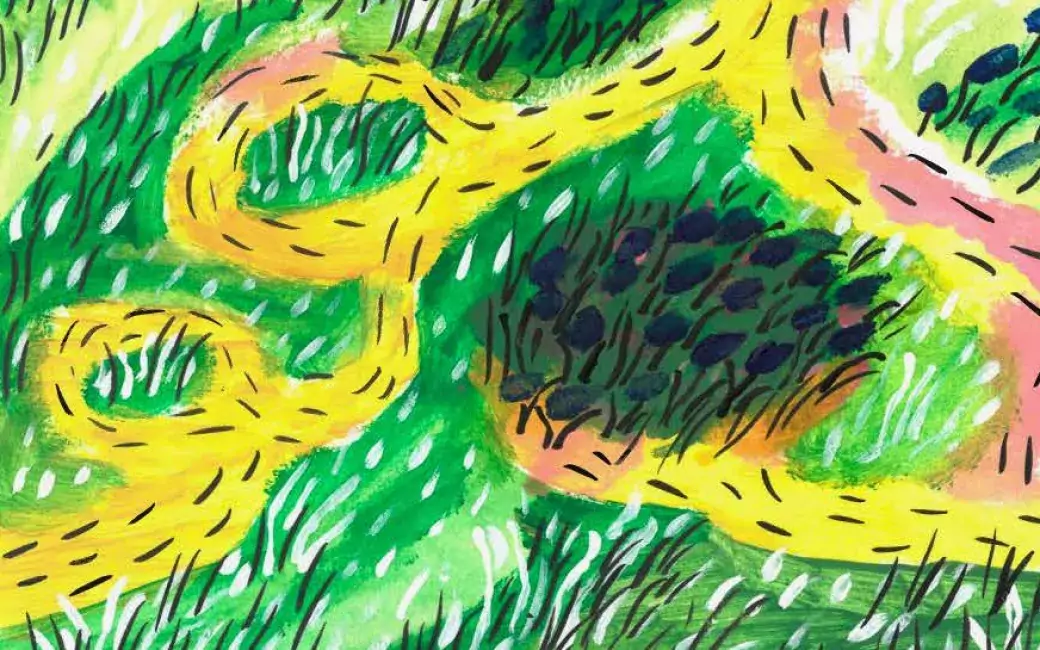Global problems are often complex, unsolvable by individual fields of science. This is why interdisciplinarity is important. And yet, writing, supervising and assessing interdisciplinary theses are challenging tasks for many. The challenges are increased by the confusion of terminology related to interdisciplinarity.

Interdisciplinary theses can contribute solutions to global problems. However, writing, supervising and assessing such works can be challenging. Interdisciplinarity can also elicit a negative bias. Are students supported in their work, and are supervisors capable of supervising and assessors of assessing interdisciplinary theses?
This is the topic of a recently published Finnish-language book entitled Tieteidenvälisillä poluilla ('Journeys through interdisciplinary paths'). The book is based on a study conducted at the University of Helsinki that investigated the views and experiences of both students as well as thesis supervisors and assessors on the supervision and assessment of interdisciplinary theses. The book begins with an extensive section explaining the terminology related to interdisciplinarity, which is often perceived as confusing. The authors of the book are fellows of the University of Helsinki Teachers' Academy: Risto Willamo, Maijaliisa Erkkola, Harri Kettunen, Mika Rekola, Päivi Salmesvuori and Anna-Maija Virtala.
What kind of experiences do students have of writing interdisciplinary theses? Let's ask University Lecturer in Environmental Sciences Risto Willamo, one of the authors.
"Students believe that interdisciplinarity should be a central part of scholarly work. The barriers hindering interdisciplinary collaboration should be lowered, as we remain in our own silos.
"In our study, students considered it important that they have enough time to frame their theses, as well as that their supervision and assessment are aligned and the assessment criteria are clear. Peer support provided by other students was also considered important. Roughly half of the students had neutral experiences of supervision, while one-third had negative and a fifth positive experiences."
And what are the experiences of supervisors and assessors of the supervision and assessment of interdisciplinary theses?
"Supervision was found to be both rewarding and stressful. Genuine interdisciplinarity also requires a great deal of expertise. In the end, smooth collaboration among supervisors and with students produces good results.
"Instead of prejudices, narrow disciplinary silos and barriers, we need an encouraging breeding ground for diversity, discussion, open-mindedness and a comprehensive understanding of the world," Risto Willamo sums up.
Writing an interdisciplinary doctoral thesis requires networking and an active approach
Doctor of Food Sciences Anu Joki has hands-on experience of writing an interdisciplinary thesis. Her doctoral thesis, approved in spring 2022, focused on successful weight management and encompassed three disciplines.
Joki's original goal was not to write an interdisciplinary doctoral thesis, but the topic steered her in this direction. For example, already in the early stages Joki noted that psychological factors, in addition to what and how we eat, have a strong effect on successful weight management. Specialists in a range of disciplines and research methods were needed to supervise the thesis. They were selected not only from Joki's field of nutrition, but also from social psychology and education.
"My team of supervisors was great, but I was also required to be active, network and gather the people I needed to support me."
Joki got a lot of ideas from her supervisors. In fact, reconciling various ideas and perspectives became a challenge.
"It was also important to conceive the most appropriate approach for my research."
From the University, Joki is looking for openness and, in particular, easier access to courses in various disciplines.
"I was left pretty much alone, having to study things on my own, when I couldn't fit in, for example, theoretical or methodological courses in other fields of science that my doctoral programme didn't organise."
Joki would not hesitate to embark on an interdisciplinary doctoral thesis journey again, and can recommend the same to others:
"I see the world differently now, thanks to having the opportunity to familiarise myself with different disciplines."
Conceptual confusion poses challenges to thinking
When talking about interdisciplinarity, related concepts often serve as stumbling blocks. The terms interdisciplinarity, multidisciplinarity and transdisciplinarity are used to describe different things or perspectives. That can already lead to a right mess.
The new book highlights the double meaning of interdisciplinarity. At the higher level, the term often denotes any and all production of knowledge that transcends the boundaries of disciplines or research traditions. Interdisciplinarity combines knowledge, methods, perspectives, research questions, concepts, theories and other aspects from two or more fields. In the book, discipline-specificity is seen as meaning the opposite.
However, the term interdisciplinarity also has a lower-level meaning. It often refers to the middle of the three types used to describe degrees of interaction between disciplines. In interdisciplinarity, interaction is stronger compared to multidisciplinarity, but not as strong as in transdisciplinarity.
Such terminological confusion is common in discussion on the topic, an issue in which the introductory chapter of the book comes to the rescue. Risto Willamo clarified terminology and related challenges at the book release event held at Think Corner, which also launched the year of celebrating teaching at the University of Helsinki. If you missed the session, you can still view a recording.






